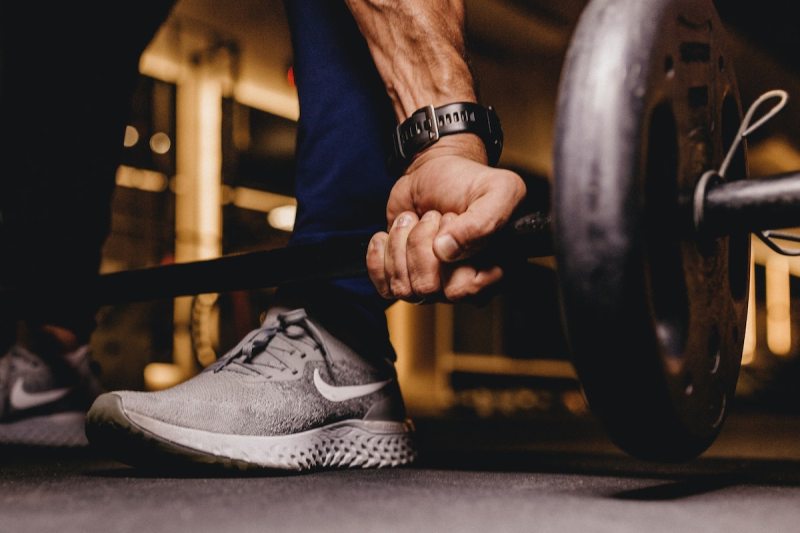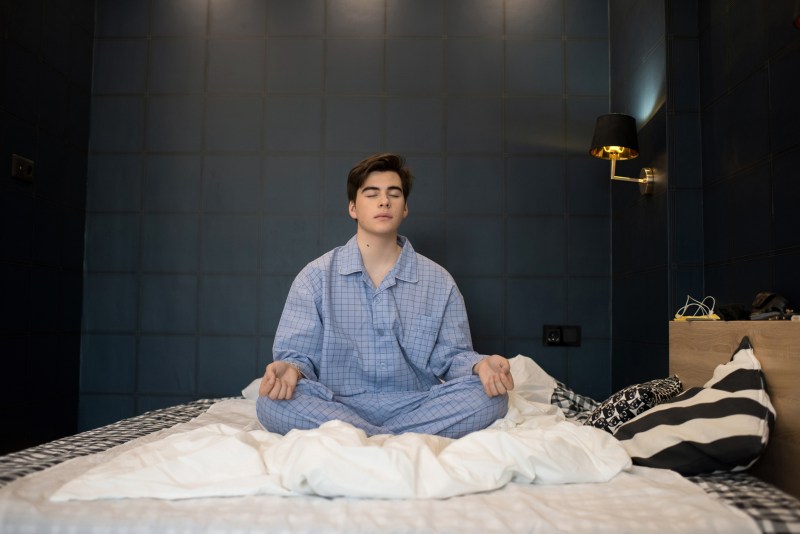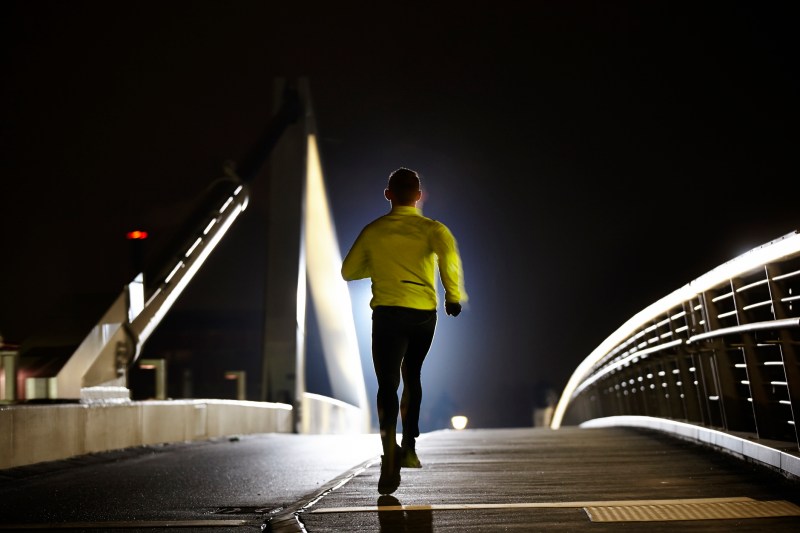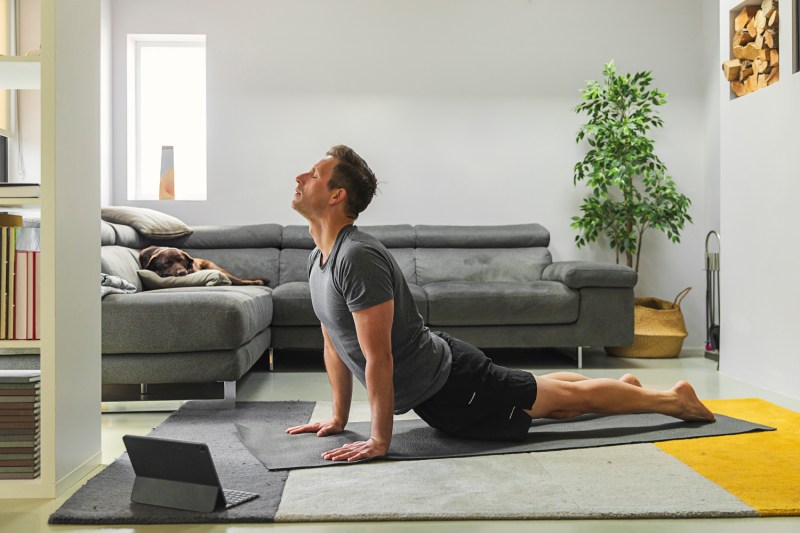
We all know that exercise itself has many benefits, but does the time of day matter? You have likely heard that working out before bed can make it harder for you to fall asleep, but this may not actually be the case. Many studies have looked into this and found that choosing to exercise close to bedtime actually won’t compromise your sleep!
The key to working out before bed is to be mindful of the exact timing and the specific type of exercise that you want to do. One benefit of exercising at night is that it increases your core body temperature, so you feel sleepy and ready for bed when it begins to drop. Read on to learn more about how working out before bed helps you get better sleep.
Exercise before bed

We all know that exercise comes with many positive health benefits. These benefits include elevating your mood, keeping a healthy metabolism and weight, and cutting your risk for health problems like strokes and diabetes. But did you know that regular exercise practice can also improve your sleep? A consistent workout schedule promotes increased sleep duration and efficiency regardless of the type of activity and its intensity.
Regular exercise has been shown to help you reduce stress and relieve anxiety which, in turn, helps with insomnia. Working out strengthens your physical performance and enhances your mental health. By reducing stress and anxiety, the mind is calmer, and it is easier to fall asleep. Exercise should be considered a way of living versus just a tool to lose weight.
You could follow many schedules, but to improve your sleep health, aim for 30 minutes of moderate exercise three to five times a week. Having a consistent workout schedule is essential for continuous sleep benefits. We encourage finding a workout program that you enjoy. This will be easier to do regularly if you genuinely like it.
Is working out at night bad?

The critical thing to remember here is that workouts are essential for your health regardless of when you do them. Sometimes, the evening is the only time you have to exercise, and it’s vital to fit this into your busy schedule.
Working out before bed doesn’t have to be considered wrong or disruptive to your sleep as long as you do it properly. To ensure a good night’s sleep, don’t do a high-intensity workout and take a shower after to unwind and calm the body down for bed.
Some people have trouble falling asleep after exercise because their adrenaline flows and their heart rate is elevated. Their body temperature is up, and their brain is awake and active. This is why we encourage as low-intensity exercise as possible. If you are one of those people, make sure your workout is over two hours before bedtime.
Despite this, others can do any type of workout before bed, and their sleep is not affected. It’s impossible to know how working out will affect your sleep until you try it. We encourage trying a week of late workouts so you can see how your body reacts to the late workout schedule.
Aim to shower after your workout within 30 to 60 minutes before bedtime in order to unwind and prepare for bed. Exercise should not affect your sleep if you follow this schedule.
Workouts before bed

There are many types of workouts available today, and not all workouts are equal in how they affect your sleep. If you want to work out before bed, it’s essential to choose your workout wisely. If you are going to exercise at night, it’s best to do light to moderate intensity. Examples of light to moderate-intensity activities include yoga, pilates, stretching, and light resistance training.
Keeping the activity level at the lighter end of the spectrum may help you fall asleep faster and get better quality sleep. It is also recommended to complete your workout at least two hours before you want to go to bed. You want to give your body enough time to wind down and prepare the body and mind for sleep.
High-intensity workouts should be avoided in the evening as strenuous physical activity stimulates your nervous system. This raises your heart rate and boosts adrenaline and cortisol, which is better for the daytime because this causes you to be more awake and alert. This type of exercise before bed will make it difficult to fall asleep. This includes workouts like high-intensity interval training, running, and lifting heavy weights.
The key takeaway here is that exercising regularly is one of the best things for your mental and physical health. Regardless if it’s during the day or evening, having a regular workout schedule should be a priority. If you struggle with insomnia, we recommend working out before bed to see if it helps with your sleep. Commit to trying it for a week and listen to your body to determine the right type of workout and time that works for you.



